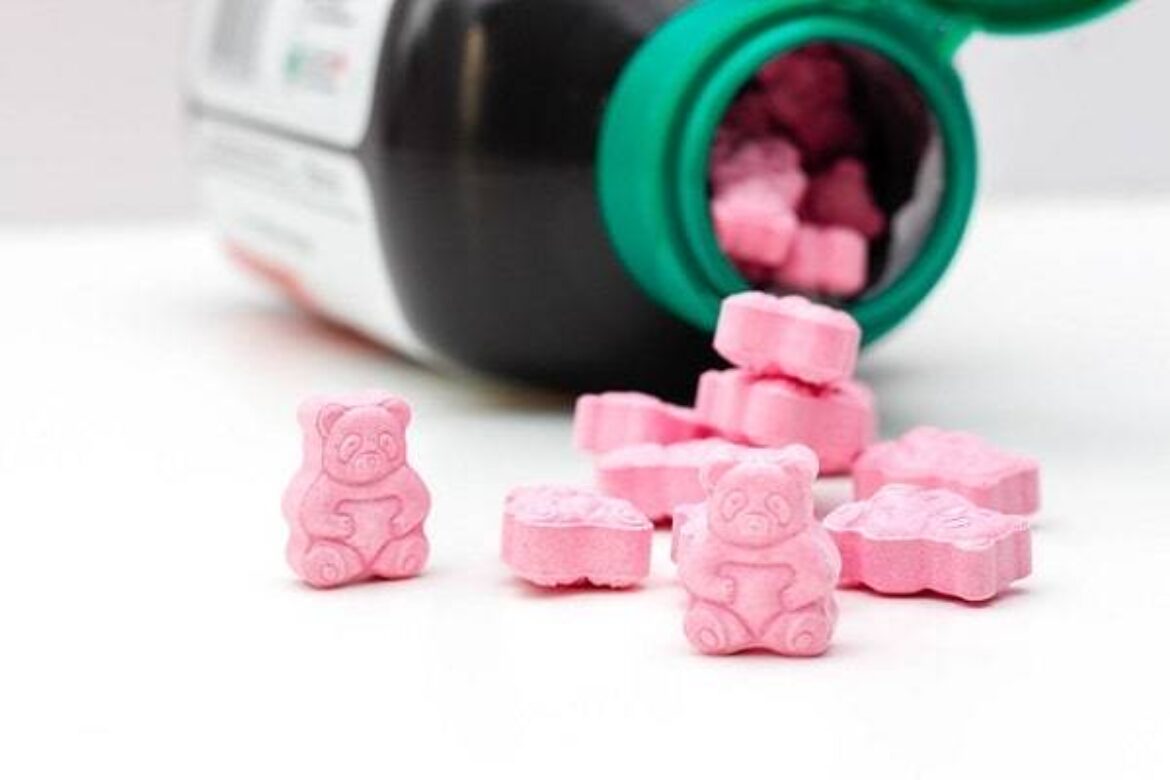
Does My Child Need A Supplement?
Vitamins and minerals are important for healthy growth and development in children. Children who eat a well-balanced diet usually do not need a vitamin or mineral supplement. However, some children are at risk for deficiencies and may need a supplement. For example, children who follow vegetarian or vegan diets may need to supplement with vitamin B12 since it’s only found in animal-based foods. Children who take certain medications or have chronic medical conditions that interfere with intake may also need a supplement.
Parents should strive for a well-rounded diet to ensure their child meets the daily recommended vitamin and mineral intakes. A balanced diet has foods from all the food groups including fruits, vegetables and protein foods such as chicken, fish, eggs, nuts and legumes (peas and beans). While all vitamins and minerals are important for growth and development, some are especially critical for children.
According to the American Academy of Pediatrics, most children do not get enough iron and calcium from their diets. Iron is found in beef, pork, liver, kidney, beans and dark green leafy vegetables. Iron helps build muscle and is needed to produce red blood cells. Signs of low iron levels include a lack of energy, nervousness and increased infections. Calcium is needed to grow healthy bones. It is found in milk, sardines and other fresh foods – with smaller amounts in dark green leafy vegetables. Vitamin D controls the absorption of calcium and aids in the development of bones and teeth. Vitamin D is produced in the body after sunlight exposure and found in some foods, including fortified dairy and dairy alternatives, egg yolks and fish oils. Vitamin A is important for normal growth and promotes healthy skin and eyes, immunity, and tissue and bone repair. Good sources include yellow and orange vegetables, milk, cheese and eggs.
Seek Advice First
Discuss supplements with your child’s pediatrician before giving them to your child. Taking large amounts of vitamins that exceed the recommended daily amount can be toxic and lead to symptoms such as nausea, headaches or diarrhea. Always store supplements out of reach from children.
While there are circumstances when supplements may be needed, getting vitamins and minerals through food and drink should be the goal for growing children. If you feel your child may need a supplement, consult their pediatrician.
By: Esther Ellis, MS, RDN, LDN
Source: Eatright.org
Do you have a referral? Are you interested in seeing our Dietitian?
Learn more about Christeena Johnson and make an appointment TODAY.

